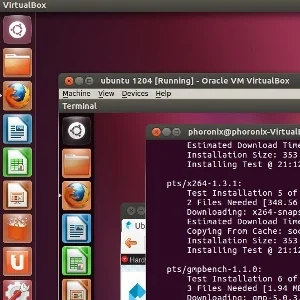Microsoft Adds AMD SEV-SNP & Intel TDX Guest Support To Hyper-V With Linux 6.6

Merged today were the Microsoft-contributed Hyper-V enhancements to the Linux kernel. Most notable with these changes for Linux 6.6 is supporting the secure / confidential computing features found with the latest AMD and Intel server processors. EPYC 7003 and newer processors supporting Secure Encrypted Virtualization Secure Nested Paging (SEV-SNP) can now be utilized by Hyper-V VMs for better security.
For select Intel Sapphire Rapids processors supporting Trust Domain Extensions (TDX), that security feature also is in place now for providing hardware-isolated VMs. But for the Sapphire Rapids generation, the TDX feature is just found on processors within the major public cloud service providers like Azure. Presumably for Emerald Rapids or Granite Rapids the TDX functionality will become much more prevalent.
AMD and Intel engineers have already worked on the SEV-SNP and TDX support, respectively, for the upstream Linux kernel itself as well as for the likes of the Kernel-based Virtual Machine (KVM). This work for Linux 6.6 by Microsoft is just about the Hyper-V guest VM support now being enabled.
The list of Hyper-V feature changes for Linux 6.6 can be found via this Git merge.
Add A Comment

